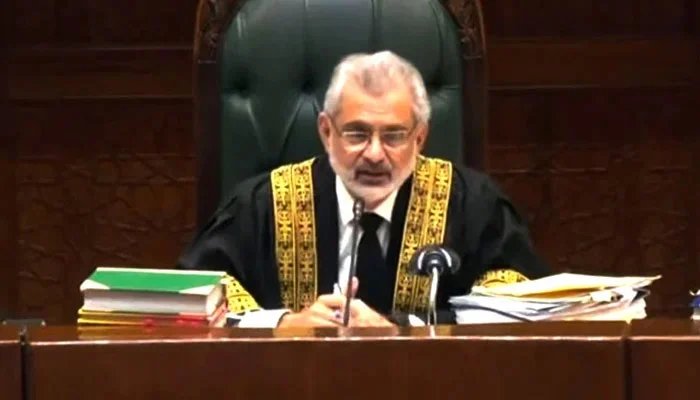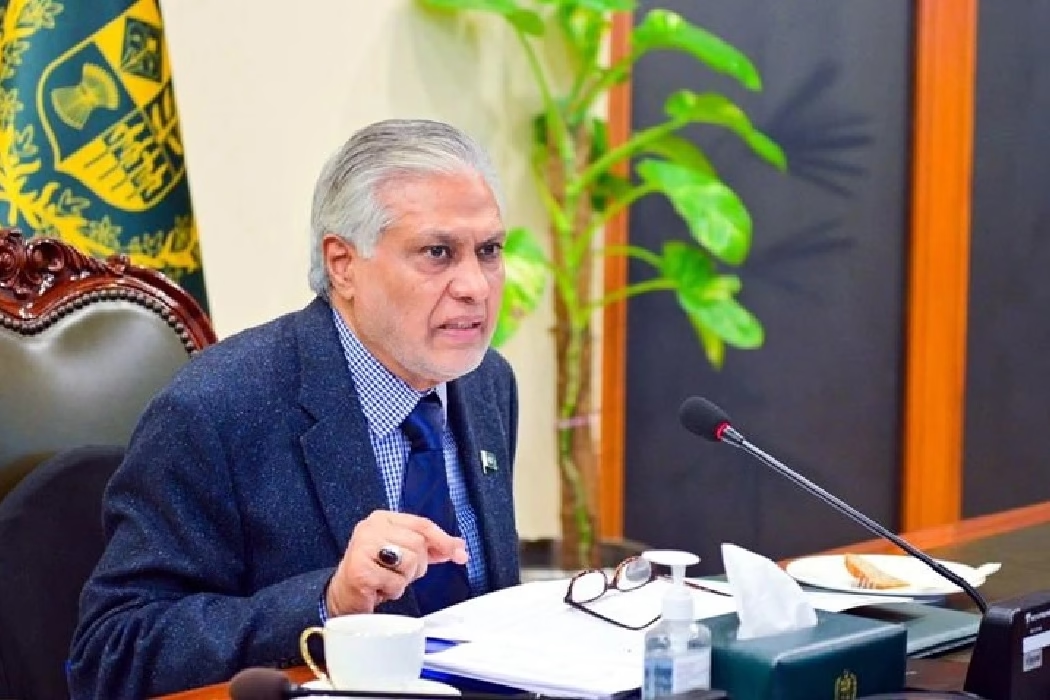In a significant move, Chief Justice of Pakistan, Justice Gulzar Ahmed, has curtailed the administrative powers of the Registrar of the Supreme Court. This development comes as a part of broader administrative reforms within the judiciary. A notification issued by the Supreme Court states that the Registrar will no longer have complete authority over matters related to the Public Accounts Committee (PAC) of the National Assembly, audit, and the executive functions of the court.
The notification clarifies that decisions regarding PAC matters will be subject to full court or Chief Justice’s approval. This change essentially means that the Registrar will no longer have the sole authority to make decisions regarding PAC-related issues and will need the consent of the full court or the Chief Justice.
The move also extends to the audit and administrative functions of the court. Audit and administrative matters will now require the approval of the Chief Justice for their completion. This decision ensures a higher level of oversight and accountability in the administrative processes of the Supreme Court.
Additionally, the notification outlines that the Supreme Court’s annual budget and plans will also require the Chief Justice’s final approval. This step ensures that the Chief Justice plays a central role in the financial and planning aspects of the Supreme Court’s operations.
The reform effectively redistributes administrative powers within the Supreme Court, enhancing the Chief Justice’s role in decision-making and oversight. While the Registrar will continue to play a crucial role in the administrative functions of the court, the Chief Justice’s involvement in key matters ensures a more collaborative and accountable approach.
The Chief Justice’s decision to limit the Registrar’s powers in certain areas reflects broader efforts to streamline and improve the functioning of the judiciary. Administrative reforms within the judiciary aim to enhance transparency, accountability, and efficiency. These changes are significant as they impact the governance and decision-making processes of the Supreme Court, one of Pakistan’s most influential institutions.
The Supreme Court plays a pivotal role in upholding the rule of law and ensuring justice in Pakistan. Therefore, the way it functions, particularly in its administrative and financial matters, is of national importance. The involvement of the Chief Justice in the decision-making process for matters like the annual budget underscores the significance of these reforms.
By involving the Chief Justice and the full court in decision-making processes, the reforms also promote a more consultative and deliberative approach. This approach ensures that important decisions receive thorough consideration and multiple perspectives, contributing to a fair and just judicial system.
The change regarding the Public Accounts Committee is particularly noteworthy, as it concerns parliamentary oversight over government finances. The PAC plays a crucial role in scrutinizing government expenditures, ensuring financial transparency, and holding public officials accountable for public funds. By subjecting decisions regarding PAC matters to the Chief Justice’s or full court’s approval, the Supreme Court aims to ensure that its decisions align with parliamentary and legal norms.
Furthermore, the reform regarding audit and administrative functions can lead to a more efficient and effective court administration. The increased scrutiny and accountability can help prevent financial irregularities and mismanagement. The involvement of the Chief Justice in these areas reinforces the commitment to proper governance within the judiciary.
It is essential to recognize that administrative reforms are not unusual in institutions like the Supreme Court. Such changes aim to improve the functioning and effectiveness of an organization and are a positive step towards maintaining the highest standards of justice and accountability.
The decision by Chief Justice Gulzar Ahmed to limit the Registrar’s administrative powers in specific areas demonstrates a commitment to administrative reforms within the judiciary. These reforms aim to enhance transparency, accountability, and efficiency within the Supreme Court, which plays a vital role in upholding the rule of law in Pakistan. The involvement of the Chief Justice and the full court in decision-making processes ensures that key decisions receive thorough consideration, ultimately contributing to a fair and just judicial system.



